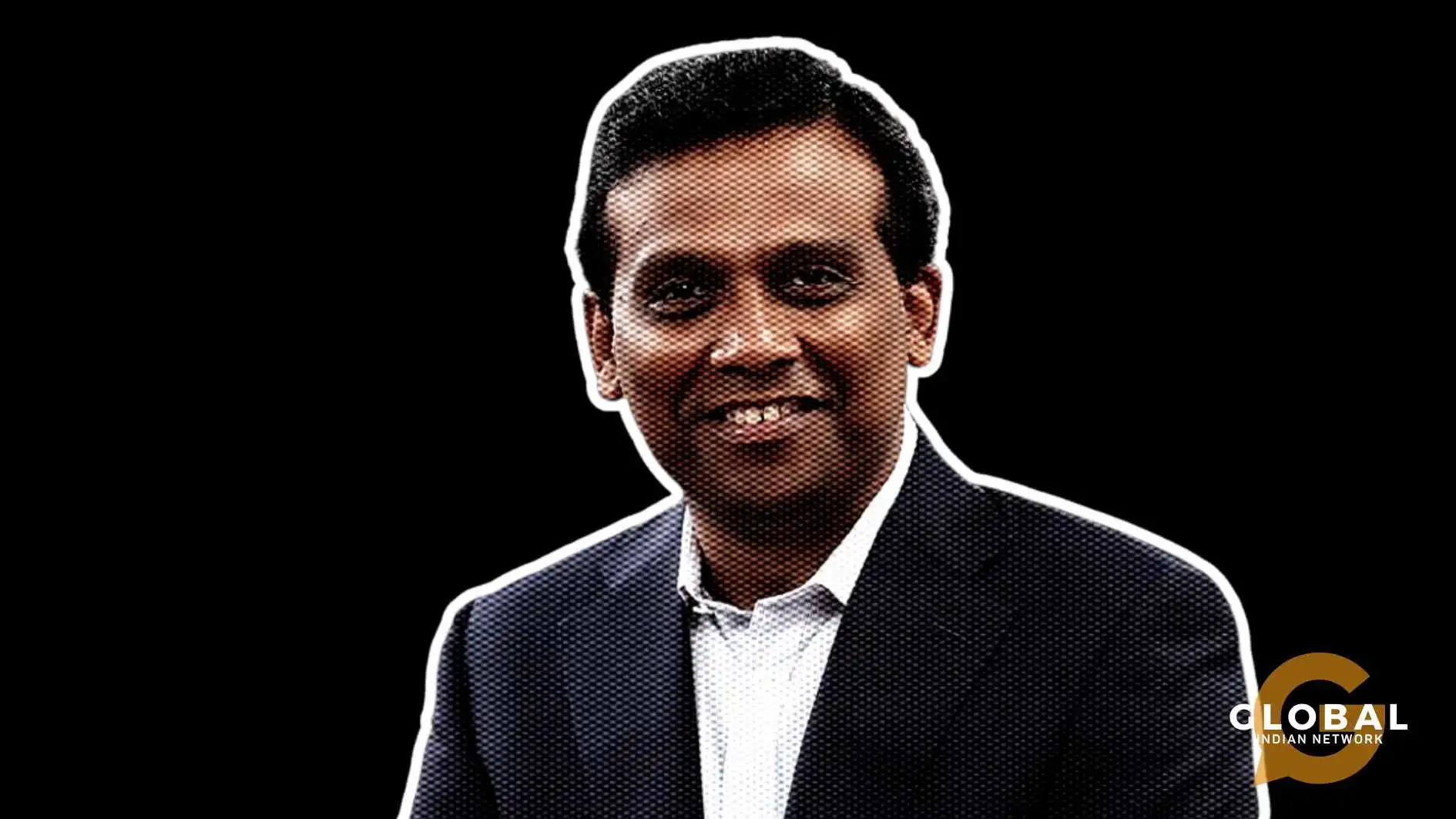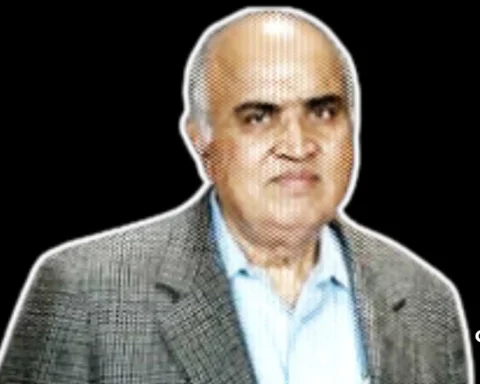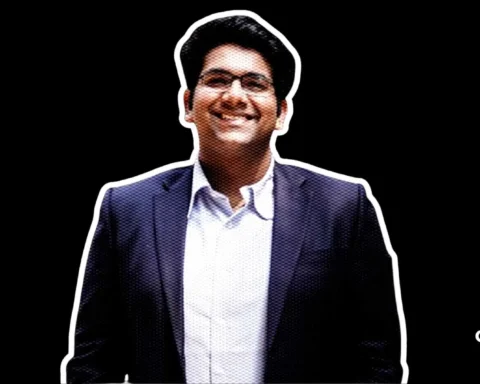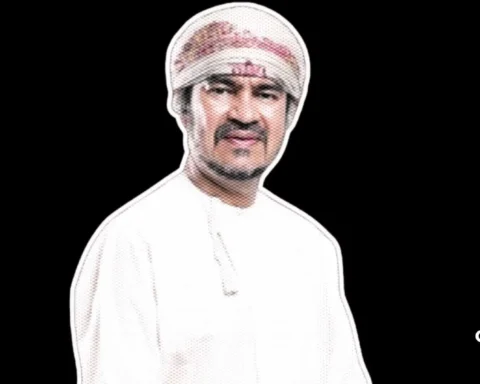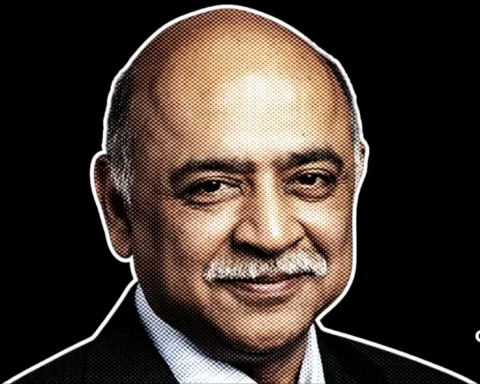When Ravi Kumar Singisetti left behind the laboratories of nuclear research, few could have guessed that the same precision would later redefine a Fortune 500 technology company. His earliest steps were placed in the severe discipline of nuclear science at the Bhabha Atomic Research Centre. This choice was neither ornamental nor transient. It reflected an intellectual curiosity that resisted boundaries. Nuclear science is an arena that demands patience, rigor, and an acceptance of uncertainty, qualities that would later find resonance in his corporate leadership.
Yet, his trajectory was never meant to remain cloistered within reactors and laboratories. His academic pursuits expanded into engineering from Shivaji University and an MBA from Xavier Institute of Management, Bhubaneswar. That early departure from convention became the persistent undertone of his life’s work.
Table of Contents
The Advisory Crucible and Early Corporate Forays
Before his name became attached to the two global IT giants that would define his professional identity, Kumar’s journey meandered through consultancies and technology firms- PwC, Cambridge Technology Partners, Oracle, and Publicis Sapient. In each, he absorbed fragments of corporate architecture- how enterprises stagger under legacy systems, how transformation becomes a rhetoric without execution, and how globalization creates both friction and possibility.
This period created in him a readiness to take on institutions not as static machines but as entities capable of reinvention if only their custodians had the courage to reframe them.
Ravi Kumar’s Two Decades at Infosys: From Executor to Architect
Ravi Kumar’s entry into Infosys in the early 2000s coincided with a phase when Indian IT was moving from back-office service provider to a more ambitious posture in consulting and digital transformation. Over nearly two decades, culminating in his roles as President and Deputy COO, he became both executor and architect of that transition.
At Infosys, he presided over multiple service lines that included digital transformation, analytics, cloud, consulting, and infrastructure. His leadership was not the ornamental type that survives on slogans. It was characterized by constant negotiation with complexity. He held accountability across geographies, from North America to Asia, embedding himself in the paradox of scale that explained how to grow a giant while preserving agility.

Ravi Kumar Singisetti: The Cognizant Mandate
January 2023 marked a shift both for Ravi and for Cognizant. When he assumed the position of CEO, the company was not merely in need of stewardship. It required renewal. Cognizant was contending with declining momentum, loss of talent, and the larger question of whether it could remain relevant in an industry moving at the pace of generative AI.
Ravi Kumar’s mandate was clear: restore confidence, reclaim competitiveness, and re-anchor Cognizant in the imagination of clients and employees alike.
AI as a Cultural and Strategic Axis
It is in the domain of artificial intelligence that Ravi has made his most definitive imprint at Cognizant. Under his leadership, the company announced a $1 billion investment in AI initiatives. Yet what distinguishes this is not the quantum of money- figures in corporate presentations often dazzle but seldom transform, but the insistence that AI must be embedded not just as a technology, but as a culture.
The “Synapse” program, aiming to upskill nearly a million people in AI fluency, is emblematic of this vision. Ravi has articulated AI not as a threat to jobs but as an expansion of human capability, provided organizations have the courage to reskill at scale. The Bluebolt innovation program, generating hundreds of thousands of new ideas, and the Guinness-record-setting “vibe coding” hackathon are further evidence of how he reframes AI not merely as automation but as a collective endeavor.
It is precisely this lens that earned him recognition on the TIME100 AI list of 2025, placing him among global figures shaping the narrative of AI alongside industry titans like Sam Altman, Elon Musk, and Jensen Huang. It signals how an Indian-born executive is now part of a global discourse about the ethical, strategic, and economic dimensions of AI.
Compensation and the Uneasy Politics of Leadership Pay
To discuss Ravi Kumar without addressing the magnitude of his compensation would be to avoid one of the more visible debates of modern corporate life. In FY 2023, he was recognized as the highest-paid CEO in the Indian IT sector, drawing approximately ₹186 crore, equivalent to around $22.5 million. The bulk of this figure was tied to long-term stock awards worth $20.25 million.
Such numbers inevitably invite critique, especially when juxtaposed against global concerns over inequality. Yet, they must be interpreted within the economics of executive compensation- his package amounted to roughly 0.11% of Cognizant’s $19.35 billion revenue, a proportion consistent with global benchmarks for Fortune 500 leadership. To read this as mere excess is to overlook the stakes. He is tasked with steering a multinational employing hundreds of thousands, operating in 46 countries, and competing with companies of immense scale and capital.
Extending Influence into Institutions
Ravi Kumar’s influence is not confined to Cognizant alone. He sits on the boards of Digimarc, TransUnion, the International Tennis Hall of Fame, the New York Academy of Sciences, and the U.S. Chamber of Commerce. In 2024, he joined the board of the U.S.-India Strategic Partnership Forum, stressing his role in shaping economic bridges between nations.
These affiliations should not be mistaken for honorary. They reveal a leadership style that sees institutions as interconnected. Whether in business, academia, or cultural life, Ravi positions himself where ideas are debated.
A Style Without Bombast
What distinguishes Ravi Kumar Singisetti is the manner in which he practices leadership without indulging in exaggerated theatrics. His path from nuclear scientist to corporate CEO reflects not the cliché of a meteoric rise but the slower, more exacting work of adaptation. He is not celebrated because he repeats the fashionable slogans of “digital transformation” or “AI revolution,” but because he insists on embedding those slogans into measurable programs.
In the global IT sector, where announcements often outrun delivery, his emphasis on execution has made him a figure to be taken seriously. This is not blunt complementation. It is a recognition of the rigor that threads through his choices.
The Larger Implication of His Story
The story of Ravi Kumar is not simply a tale of an individual rising through corporate ranks. It is a commentary on the shifting landscape of technology leadership itself. From nuclear science to consulting, from Infosys to Cognizant, from India to the global AI discourse, he embodies a transition in the movement from national expertise to transnational influence, from managing operations to reimagining possibilities.
For young professionals, his life demonstrates that careers are not linear ladders but dynamic negotiations with opportunity, discipline, and vision. For the IT industry, his leadership signals that AI cannot be cordoned off as a specialized function but must permeate organizational life. And for society, his example complicates the easy dichotomy between profit and purpose, revealing how global corporations are increasingly expected to operate as cultural as well as economic actors.
Conclusion
Ravi Kumar Singisetti stands today as CEO of Cognizant, but that title is only the most recent chapter of a much larger narrative. His recognition in the TIME100 AI list, his substantial compensation, his board engagements, and his insistence on reskilling at scale- these are not isolated facts but interconnected strands of a life that resists being boxed into categories.
He is not merely the highest-paid CEO or a representative Indian executive in an American multinational. He is a figure who demonstrates how intellectual curiosity, when carried across disciplines and decades, can transform not only personal trajectory but also the fortunes of institutions. In that sense, his journey continues to illuminate what it means to lead in an era where technology is not a sector but the architecture of modern existence.

FAQs
What is the salary of the CEO of Cognizant?
Ravi Kumar Singisetti, the CEO of Cognizant, earned around ₹186 crore in FY2023, making him one of the highest-paid corporate leaders in India.
What is the qualification of Ravi Singisetti?
He holds a degree in engineering from Shivaji University and a master’s in business administration from Xavier Institute of Management, Bhubaneswar. His academic foundation in technology and management has played a central role in shaping his career.
Who is Ravi Kumar Singisetti?
Ravi Kumar Singisetti is an Indian business leader who transitioned from a background in nuclear science to become the CEO of Cognizant, a Fortune 500 technology company. He is known for his ability to bridge scientific rigor with large-scale organizational leadership.




